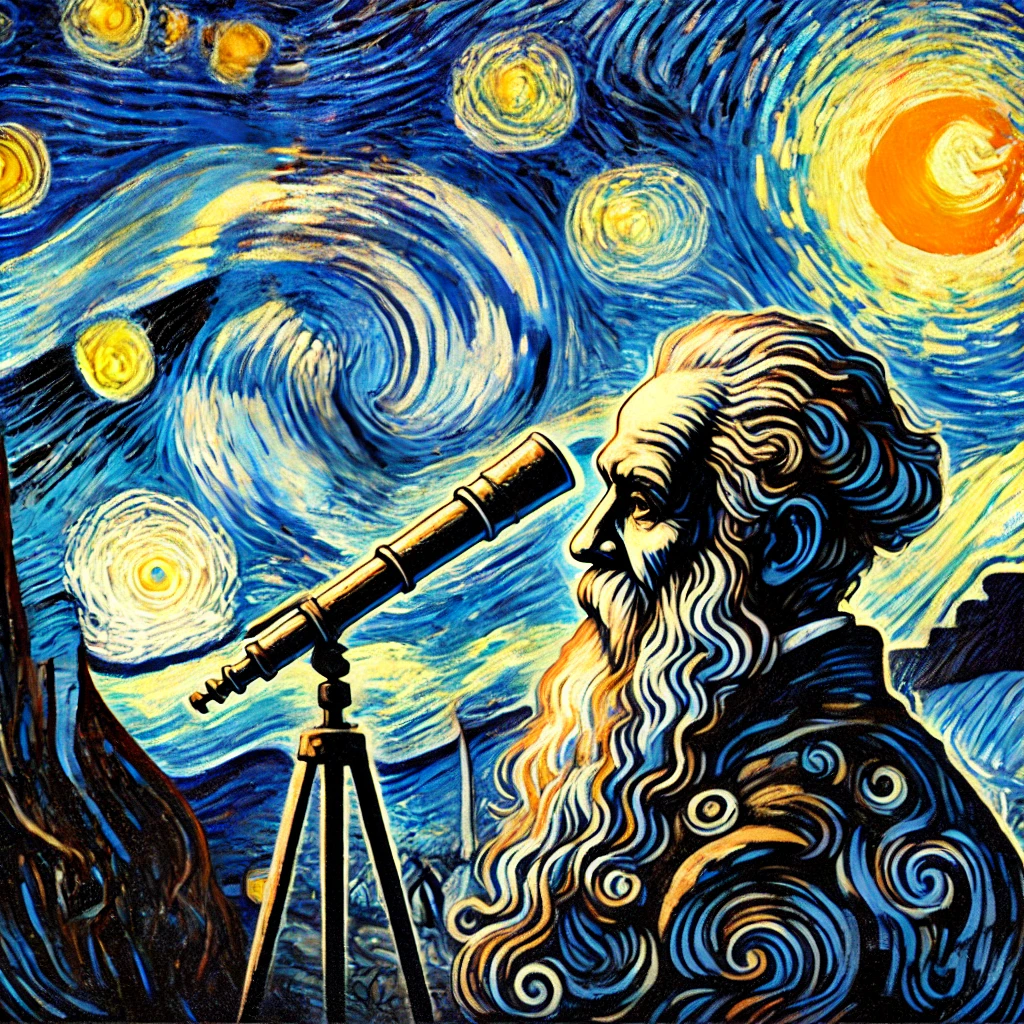The Price of Knowledge: Galileo’s Struggle Against Suppression
Galileo Galilei defied the Church and academia by supporting heliocentrism, facing ridicule and persecution. Yet, he persisted, adapted, and left a lasting legacy. His story shows that while truth may be suppressed, it ultimately prevails.

Introduction
In the early 17th century, Europe stood at the crossroads of science and dogma. The Renaissance had ignited a thirst for knowledge, but the Catholic Church remained the ultimate authority on truth. It was in this era that Galileo Galilei, an Italian physicist, astronomer, and engineer, introduced ideas that shook the very foundations of established beliefs. While his discoveries revolutionized science, they also led to intense opposition and condemnation. His battle with stigma—a result of challenging religious doctrine, defying academic conservatism, and suffering personal consequences—highlights the price of intellectual progress. Galileo’s story is not just one of scientific triumph but also of resilience in the face of rejection and persecution.
The Stigma Galileo Faced
1. Challenging the Church’s Authority
Galileo’s most significant struggle came from his support of heliocentrism—the idea that the Earth revolved around the Sun. This was a direct challenge to the Catholic Church’s geocentric doctrine, which held that Earth was the center of the universe, in alignment with Aristotelian philosophy and scriptural interpretation. His endorsement of Copernican theory led to accusations of heresy, as it contradicted biblical passages that were interpreted literally at the time. The Church saw his findings not just as scientific assertions but as threats to religious authority, leading to intense scrutiny.
2. Resistance from the Academic Community
Beyond the Church, Galileo also faced stigma from the scientific and academic institutions of his time. Many scholars were deeply invested in Aristotelian cosmology, which placed Earth at the universe’s center. By challenging this long-held belief, Galileo alienated many of his peers. Some refused to even look through his telescope to examine the evidence, fearing it would undermine their established worldview. In academic circles, rejecting the dominant paradigm was tantamount to professional exile, making Galileo an outcast in the very intellectual community he sought to enlighten.
3. Public Ridicule and Social Isolation
The stigma Galileo faced was not limited to institutions—it also extended to society. His ideas were mocked, and he was frequently portrayed as arrogant and rebellious. The public, largely uneducated in astronomical matters, found it easier to side with the Church and the academic establishment. His radical claims made him the target of satire and criticism, reinforcing his position as an outsider.
4. Persecution and the Inquisition
The most severe consequence of this stigma was Galileo’s trial before the Roman Catholic Inquisition in 1633. Accused of heresy, he was forced to recant his heliocentric views under threat of torture. Though spared execution, he was sentenced to house arrest for the remainder of his life. His writings were banned, and he was forbidden from further scientific work. This suppression of knowledge was a devastating blow—not only to Galileo but also to the advancement of science.
How Galileo Handled the Stigma
- Persisted in His Research: Despite opposition, Galileo continued his work, refining his telescope and making groundbreaking observations about the moons of Jupiter, sunspots, and the phases of Venus.
- Used Dialogue to Defend Ideas: In his book Dialogue Concerning the Two Chief World Systems, he presented heliocentrism as a debate rather than a direct assertion, attempting to mitigate resistance.
- Appealed to Powerful Allies: He sought protection from influential figures, including the Medici family, who provided him with some level of safety and patronage.
- Recanted to Preserve His Life: While forced to renounce his findings publicly, legend holds that he muttered, “Eppur si muove” (“And yet it moves”), implying his unshaken belief in his discoveries.
- Continued Writing in Secret: Even under house arrest, Galileo continued his work, writing Two New Sciences, which laid the groundwork for modern physics.
Lessons We Can Learn
- Truth Can Be Dangerous But Must Be Pursued: Galileo’s story teaches us that truth is often met with resistance, especially when it challenges deeply ingrained beliefs. Yet, progress depends on the courage to seek and uphold it.
- Institutions Are Slow to Change: The Church and academia resisted Galileo’s findings not because of their inaccuracy but because they threatened existing structures of power. Understanding this can help us navigate modern instances of institutional resistance.
- Science and Authority Often Collide: Even today, scientific discoveries can be met with skepticism and suppression, especially when they conflict with political or religious interests. Galileo’s battle is a reminder that science should be independent of ideology.
- Adaptation is Key to Survival: Galileo’s ability to shift his strategies—from direct advocacy to subtle dialogue—demonstrates the importance of adapting in the face of adversity.
- Recognition May Come Late: Galileo was posthumously vindicated when the Church formally acknowledged the validity of his work centuries later. This serves as a reminder that societal acceptance of groundbreaking ideas often takes time.
Conclusion
Galileo Galilei’s life is a testament to the enduring struggle between knowledge and authority, progress and tradition. His experience with stigma—persecution for seeking and sharing the truth—mirrors the challenges faced by countless pioneers throughout history. His resilience, adaptability, and unwavering pursuit of scientific inquiry ensured that his legacy would outlive his condemnation. Today, we recognize Galileo not as a heretic but as the father of modern science, proving that while stigma may silence voices for a time, the truth eventually prevails.
